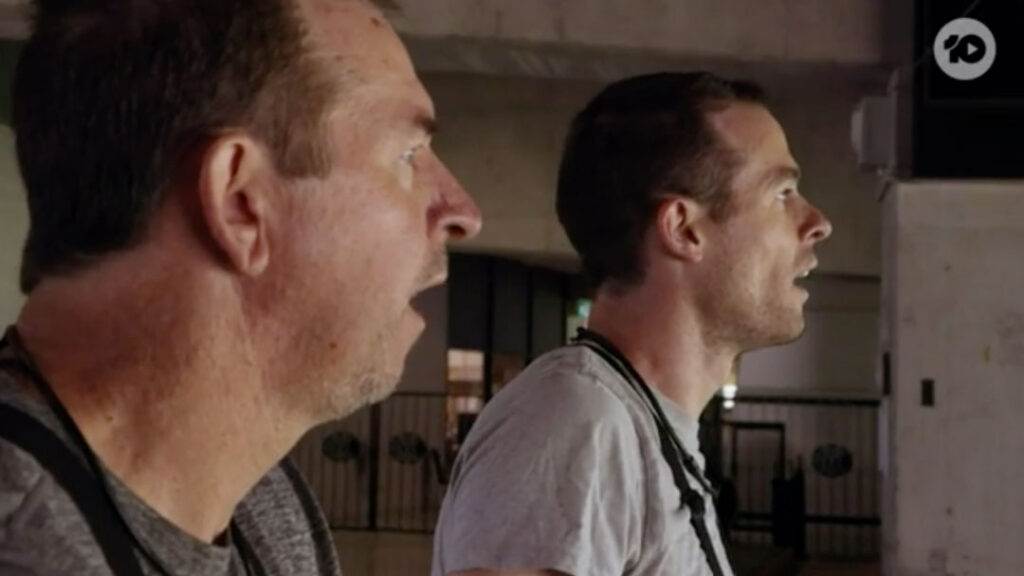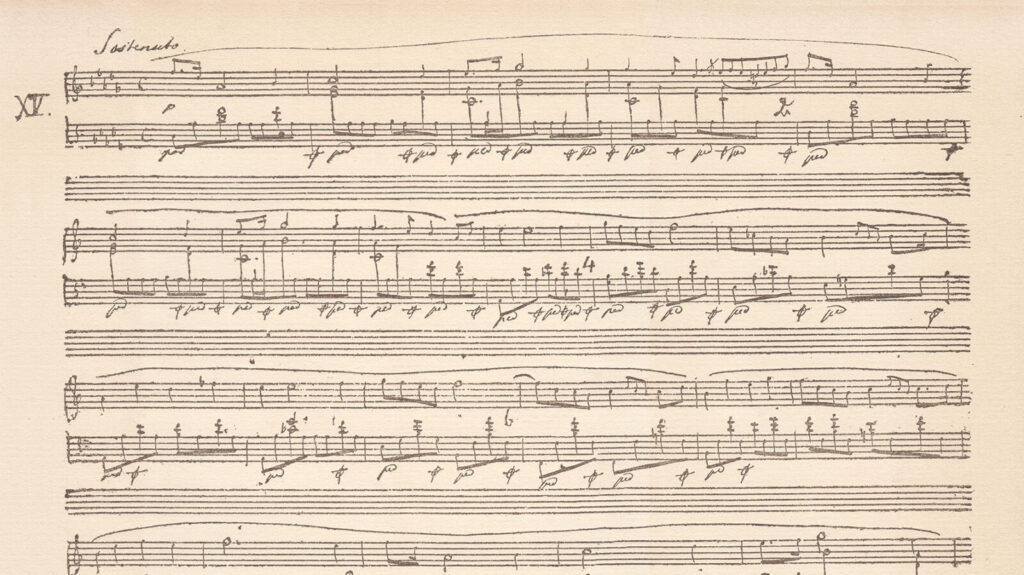A recent Australian media report focusing on domestic violence in a religious context has gained lots of attention. The ABC report, “‘Submit to your husbands’: Women told to endure domestic violence in the name of God”, had a misleading headline and buried in the report was the fact that regular church attendees had a lower rate of abuse. Christians were immediately up in arms about the report, saying that no-one does more for the marginalised than them.
While that is true, it misses the point. Abuse in the church and in society should horrify us. We should speak up and stand up against it. Too often we are ignorant that the disease is festering in our own body.
The article was criticised as culturally inappropriate for quoting a study of United States evangelicals, so I dug up some facts that are more relevant.
In two studies surveying more than 2000 US Adventists (reported in Adventist Review, October 11, 2007), 61 per cent of respondents had suffered from controlling and demeaning behaviour, 42 per cent reported physical intimidation and violence, 26 per cent reported sexual victimisation and 22 per cent reported resource deprivation and the leverage of children at least once in their lives in an intimate adult relationship. Nine per cent said potentially lethal actions had been used against them.
These studies showed that intimate partner violence (IPV) occurs in Adventism at the same rate as society.
But let’s bring this closer to home.
In 2015, Dr Barry Oliver, then president of the South Pacific Division, shared some sobering statistics in Adventist Record from our island territories. At a Church-sponsored event for female leaders, anonymous surveys revealed that 63 of the 93 women had been seriously abused and, at another event for teenage girls and women, 142 out of 145 reported abuse.
I heard more about these events from a senior women’s ministry leader, who, with tears in her eyes, shared her experiences hearing these stories everywhere she travelled and her frustration that it keeps happening.
We can no longer excuse abuse as a cultural thing. The Church, with huge influence in the region, must stand up and be one of the strongest voices against abuse in the Pacific. This can be a challenge when it is sometimes our own pastors and elders who are the abusers. [pullquote]
While there is no current data on IPV among Adventists in Australia and New Zealand, Valuegenesis II, a survey of Adventist students in those countries, found that 26 per cent of those surveyed had experienced physical abuse. While that number is less than the Pacific island Valuegenesis figure (37 per cent), it is disturbing that those in Australia and New Zealand who had been abused 10 times or more was 5.6 per cent compared to 2.8 per cent for the Pacific. This means that chronic ongoing abuse is worse in Australia and New Zealand than the islands. And those stats have gone up in the past 20 years, since the last Valuegenesis survey.
Child abuse is often linked to IPV—co-occurrence rates of domestic violence and child physical abuse in research have ranged from 40 per cent to 80 per cent. So IPV is happening in Adventist families.
I have many friends of other ethnicities, from good Adventist families, who laugh and joke about the beatings they received as kids, normalising violent behaviour. I will not get into the disciplining children debate here but there is a difference between a smack with an open hand and using a piece of furniture or closed fists.
We say “the Bible teaches against abuse so true Christians never would”—as if our right doctrine or peculiar message means that there is no-one among us who could be less than perfect. Our ideal is far from the reality. This is a spiritual battle.
If you call yourself a Seventh-day Adventist, you cannot abuse another human being—physically, verbally, mentally or spiritually. Church leaders must stand up and speak out against abuse of all kinds.
The Seventh-day Adventist Church worldwide has a special emphasis Sabbath to combat this scourge (August 26). But this problem needs more than a once-a-year march and sermon. Otherwise we inhibit our own efforts to share the gospel with the world, our loud voice is silenced and the abused remain comfortless.






